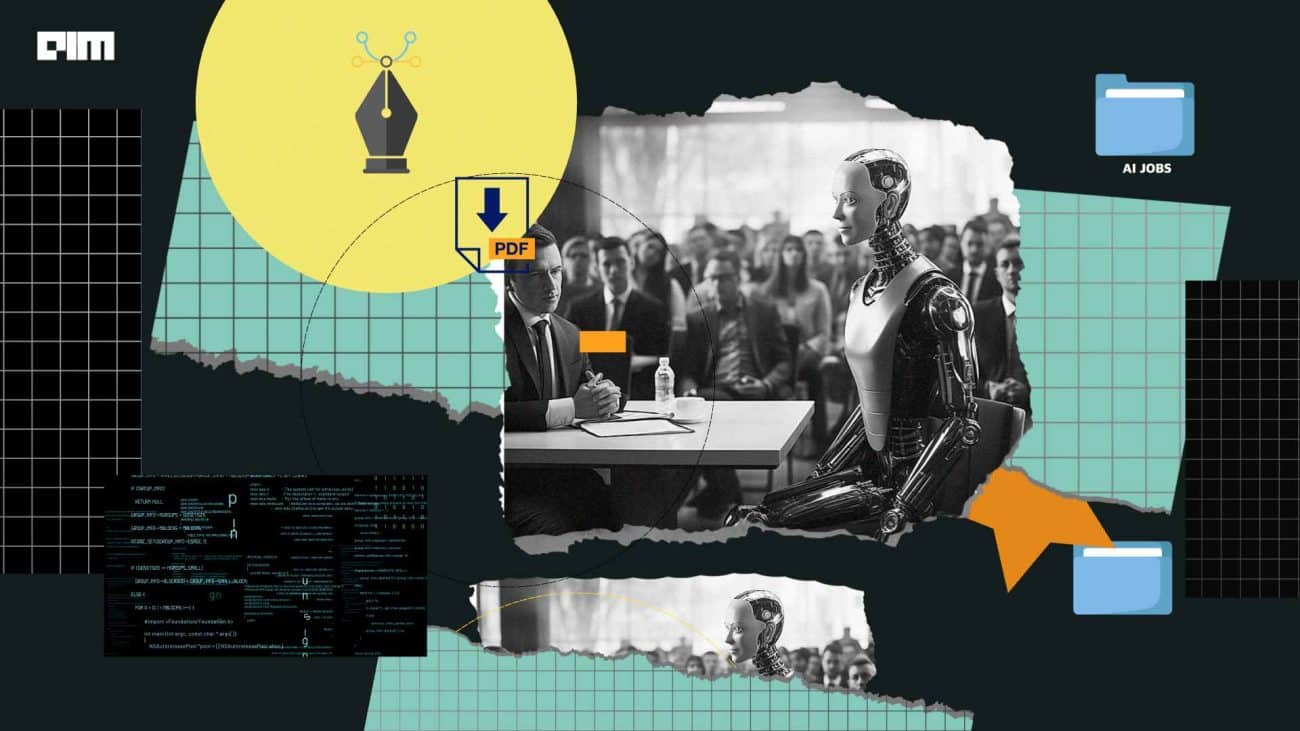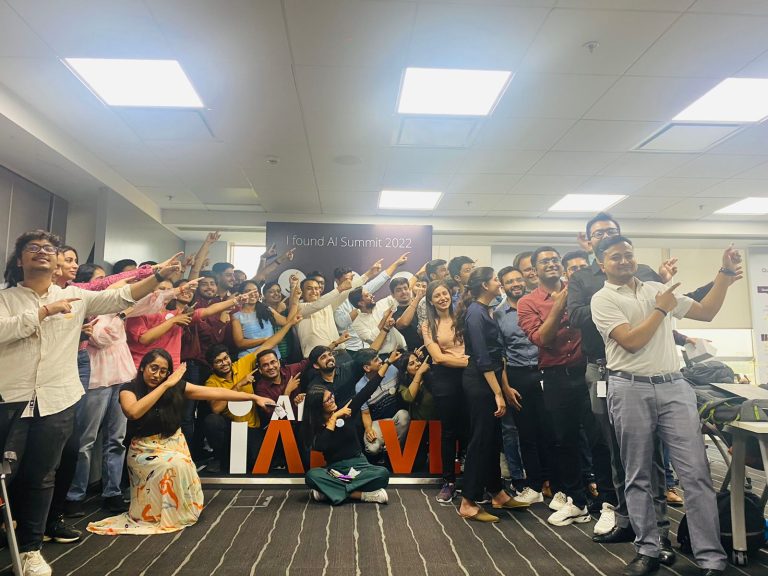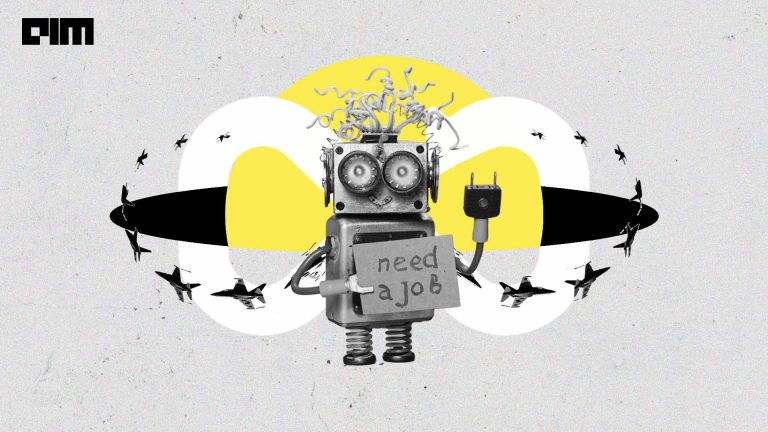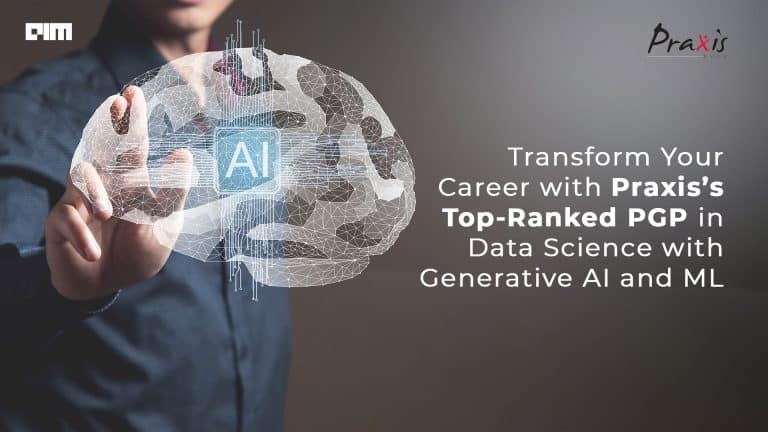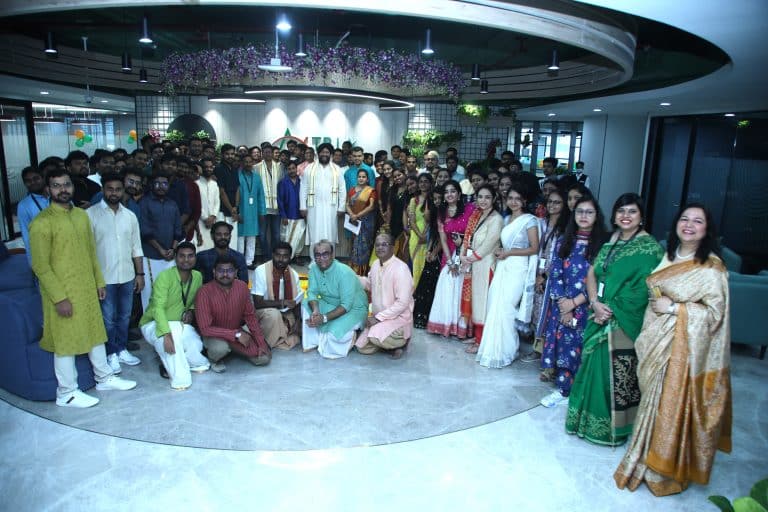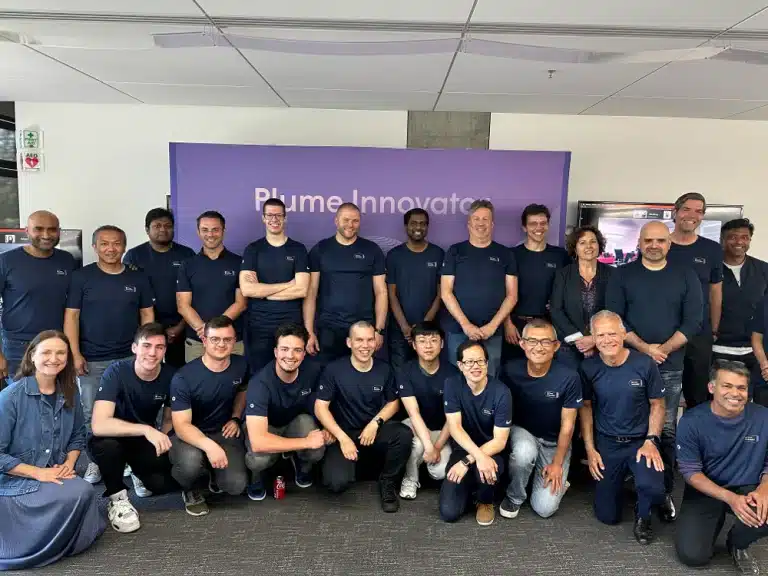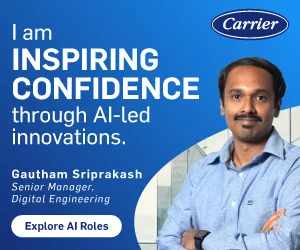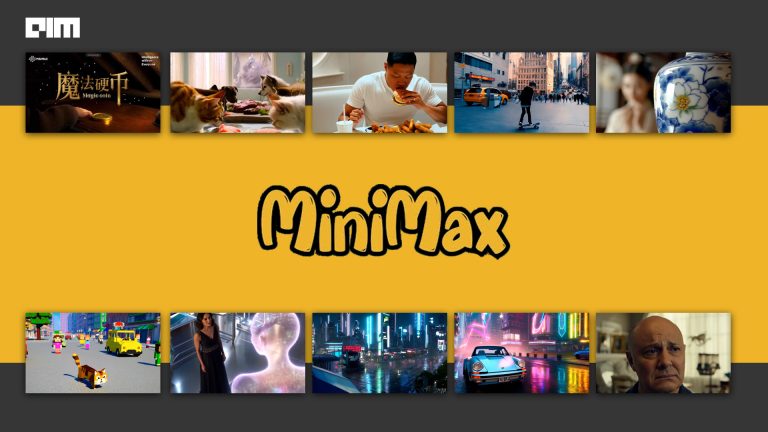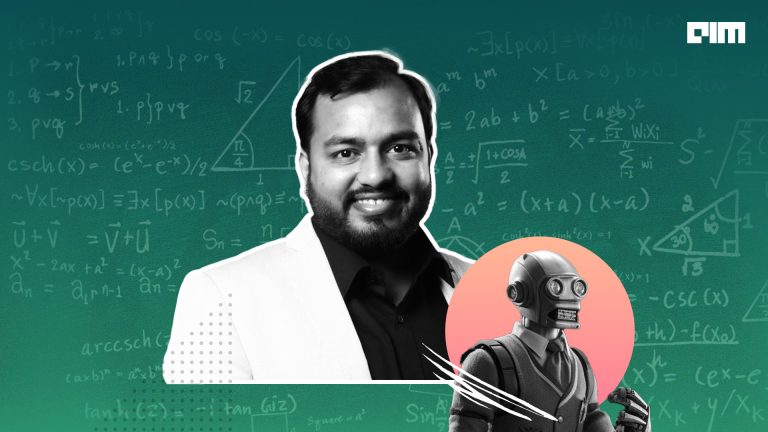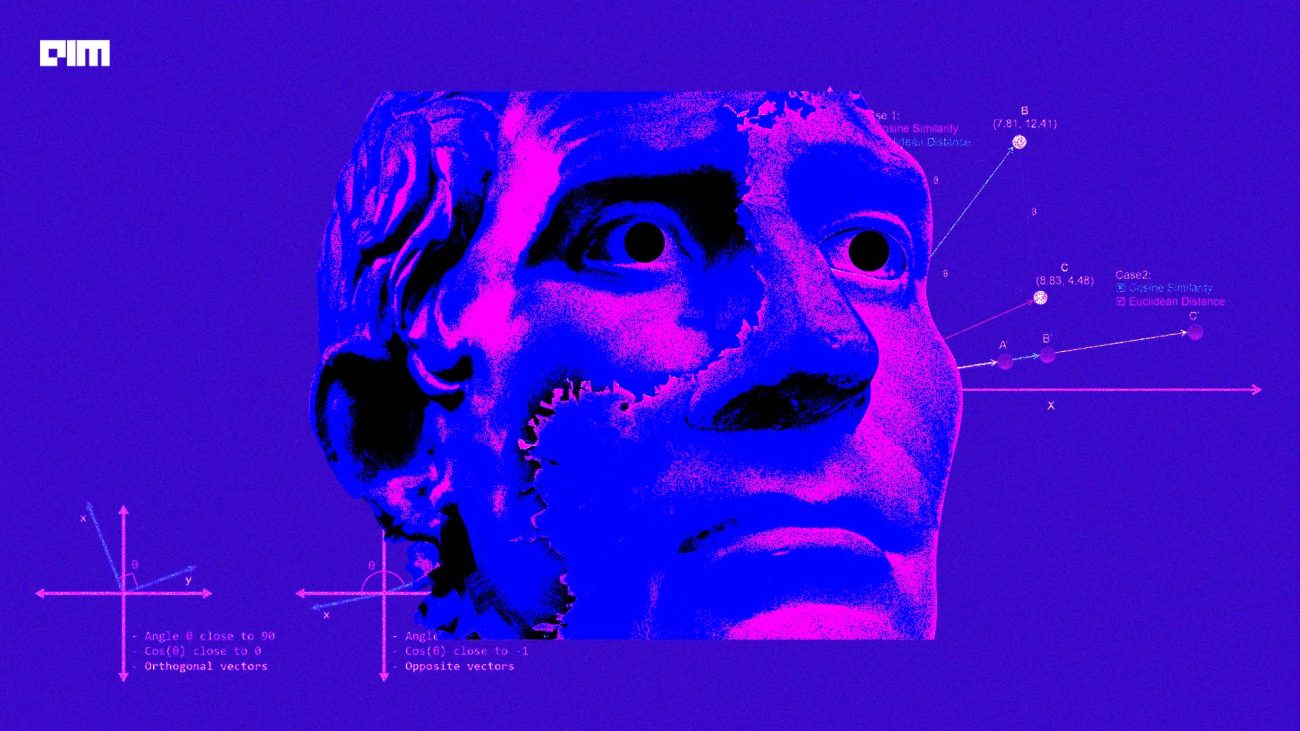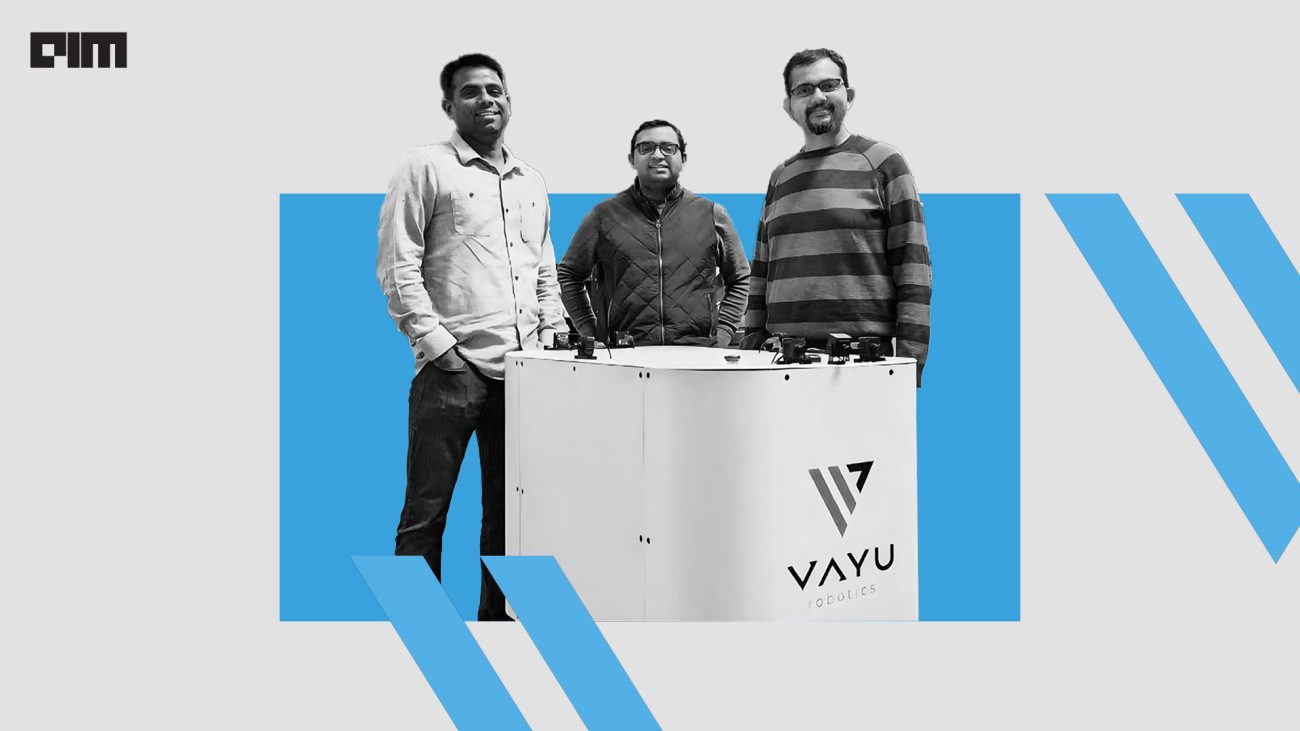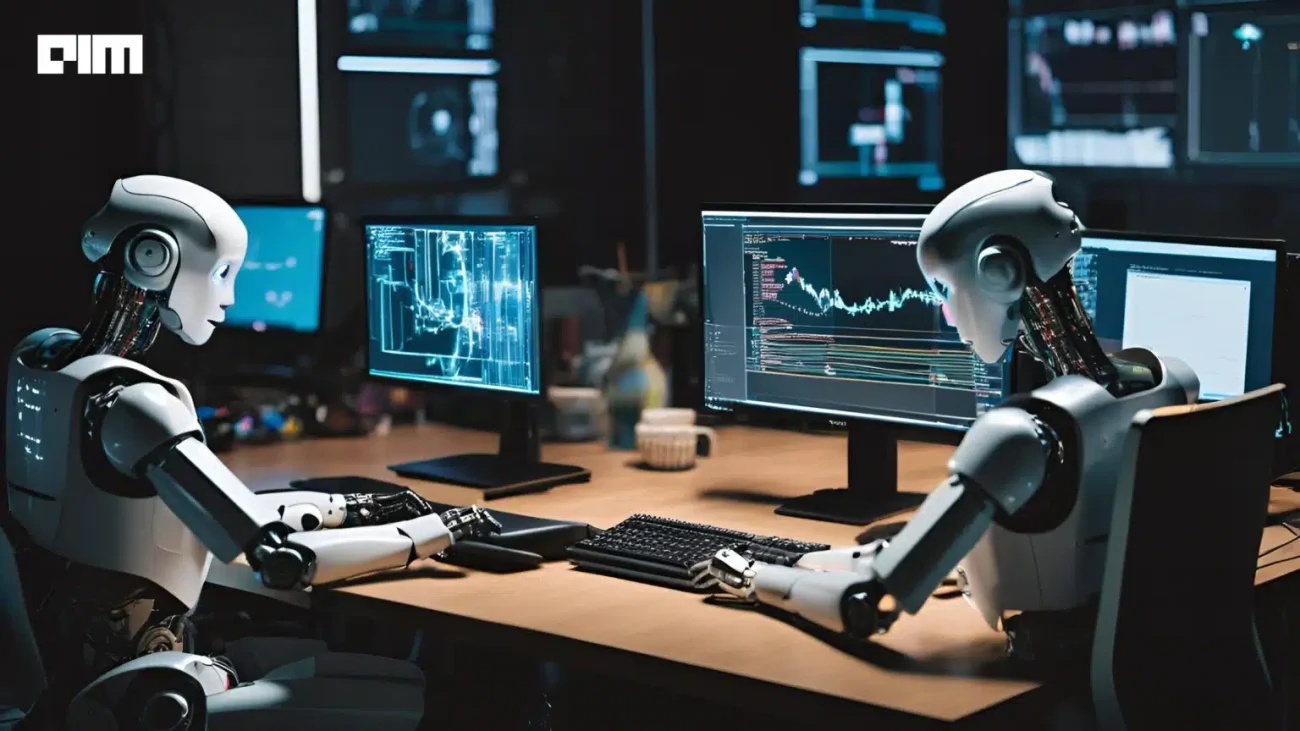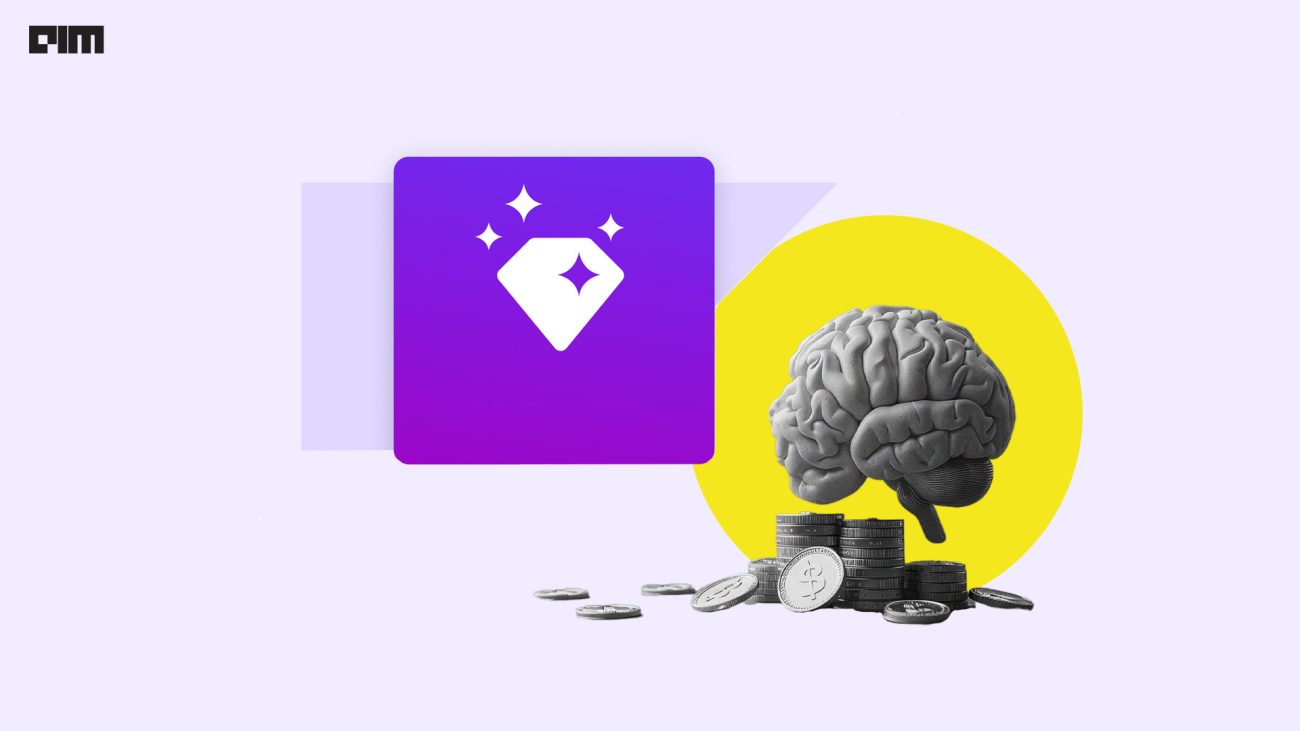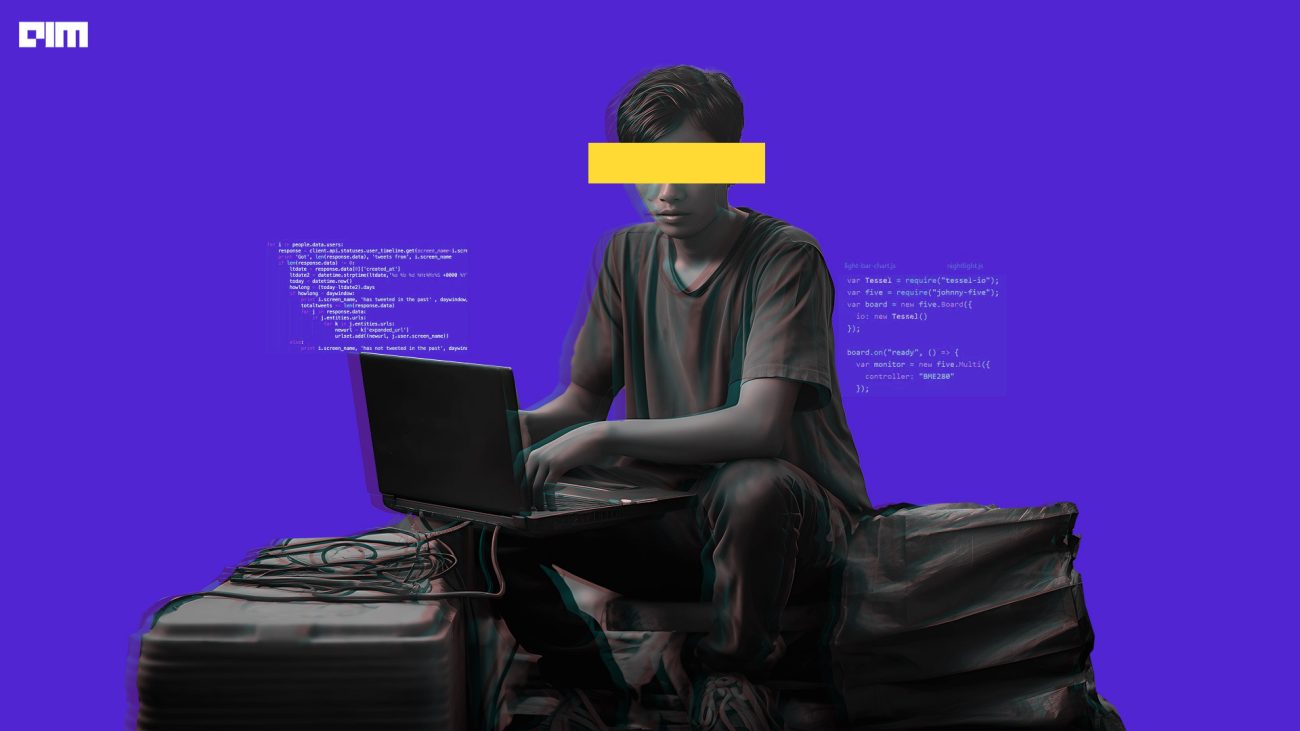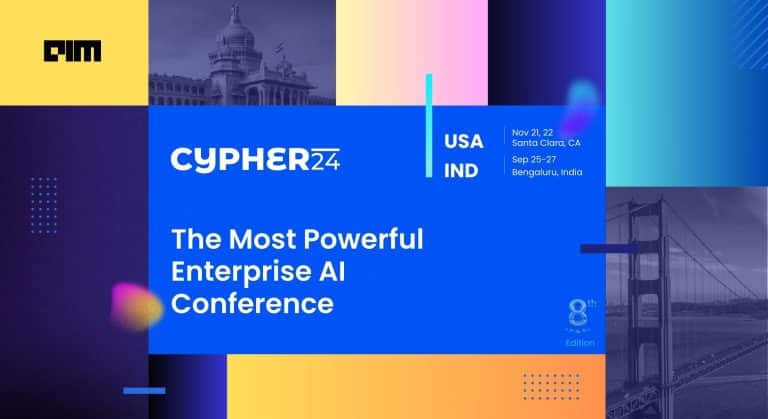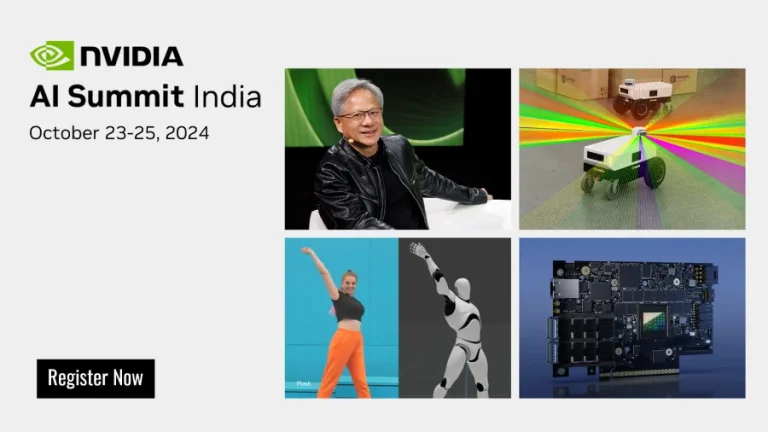|
Listen to this story
|
In five years, you won’t become redundant, despite the predictions floating around. Ever since ChatGPT was launched, and along came a plethora of code assistant platforms, experts claimed that AI would make programming jobs obsolete, suggesting that everyone will become a coder. While that may be true to some extent, not everyone will end up as a software engineer.
François Chollet, creator of Keras, has made a prediction: “There will be more software engineers (the kind that write code, e.g. Python, C or JavaScript code) in five years than there are today.” He adds that the estimated number of professional software engineers today is 26 million, which would jump to 30-35 million in five years.
Prediction: there will be more software engineers (the kind that write code, e.g. Python or C or JavaScript code) in five years than there are today.
— François Chollet (@fchollet) March 13, 2024
For reference, there's an estimated 26-27M professional software engineers today. In 5 years, it should be between 30M and 35M.
For context, he said that many are currently claiming that people shouldn’t get into computer science because in the future most of the software engineering is going to be done by AI. When Copilot was launched, Microsoft CEO Satya Nadella expressed a similar thought-process when he said that everyone’s a developer. Jensen Huang, too, recently called everybody in the world a programmer.
The world will desperately need software engineers
The latest advancement trending everywhere on the internet is Devin by Cognition Labs. Touted as the first-ever AI software engineer, it has achieved a lot of great benchmarks and is an exponential jump in capabilities, making people debate on social media about the future of programming jobs. Some even call it AGI.
However, the truth is that such AI tools can never replace human intelligence or jobs, only augment them. “Generating working code is only a part of the responsibility,” said VJ’s Insights on a post on X. Though “Yes, if you are someone who *just* writes code, you need to start thinking differently,” he added.
Mark Cuban last year predicted that the highest-paying college major in the world, computer science, will hold very little value for employers in the future. “Twenty years from now, if you are a coder, you might be out of a job,” he said in a podcast.
While it was increasingly looking true that a lot of people would be replaced by AI, the jobs still remain intact.
One of the most important things that OpenAI CEO Sam Altman and Meta AI chief Yann LeCun agree upon is that humans should be trained with AI and use them as copilots. Well, the most-celebrated phrase across 2023 has been, “AI won’t take your job, it’s somebody using AI that will take your job.” And, “you will be 10x more valuable in the coming years”, as Logan Kilpatrick said on X.
Better software, better jobs, more automation
Chollet had also said earlier, “If you could fully automate software engineering (my job), I think that would be great, since I could then move on to higher-leverage things. Making software is a means to an end, not the end.” He adds that software engineering is not just about copy-pasting code, but about developing mental models of problems and their solutions.
The thing is, software engineering is not about copy/pasting code. Software engineering is the development and manipulation of mental models of problems and their solutions. It's thinking and problem solving.
— François Chollet (@fchollet) March 12, 2024
If you had a machine that could craft mental models, you'd have AGI.
“Code is largely worthless, more of a liability than an asset. Problem-solving is where the value is,” Chollet adds in the thread. Some people though disagree that soon AI would be able to do that as well, but Chollet reiterated that it is time to focus on higher-leverage things.
Furthermore, implying that a lot of software engineering jobs would be redundant is dangerous as many students would not know if they should attend college at all.
“We’ll make progress, but we are nowhere close to automating any significant part of an SWE job,” added Santiago in the thread. Automation of code was never about replacing the job of software engineers, but automating the absolute code monkey work that is what 90% of enterprise development consists of.
Besides, AI tools are already on the verge of killing prompt engineering jobs, the ones that were touted as the jobs of the future. Why? Because software engineering is not just about writing or copying code, or giving prompts to AI models, it is much beyond that! The future jobs would probably be called ‘Human Software Engineers’, managing a team of AI engineers.



